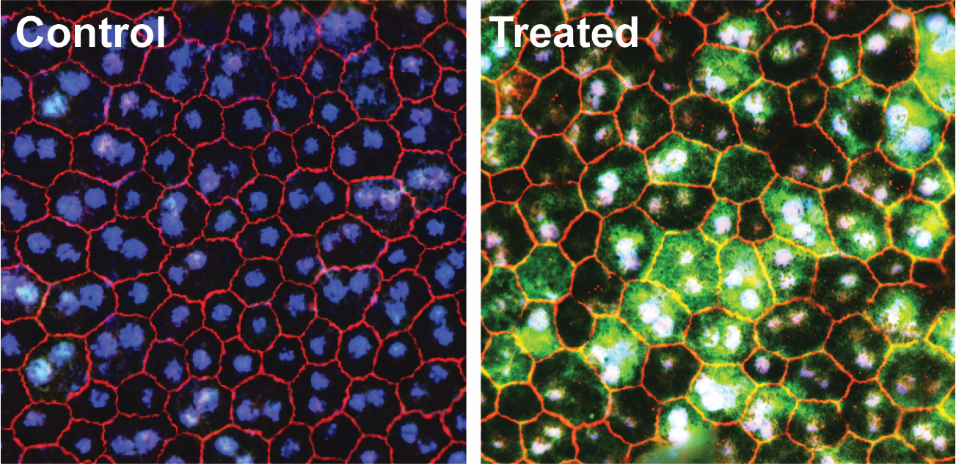
The UC Irvine research team announced that it has succeeded in restoring the retinal function and visual function of mice suffering from genetic eye diseases by using a new genome editing technology using CRISPR-Cas9.
Vision is considered important among the five senses, but serious vision loss and blindness can occur due to a genetic mutation. Eye diseases caused by genetic mutations such as retinal pigmentation degeneration are known as inherited retinal diseases (IRD) genetic ophthalmic diseases, and effective treatments have not been established.
For this IRD, the research team paid attention to a new technology that applied CRISPR, Base Editing. CRISPR is a technology that edits the genome by cutting two strands of DNA, but single base editing is a technology that edits the genome without cutting the DNA strand using the DNA repair mechanism of living things.
The research team injected a virus under the retina in which adenine was single-base-edited to suppress mutations in mutant mice, the RPE65 gene contained in 250 IRD-related genes. As a result, the retinal and visual abnormalities caused by the RPE65 gene mutation were recovered.
The research team explained that after treatment, the rats were able to visually check the direction, distance, contrast, and spatial and temporal frequency. Related information can be found here .


















Add comment